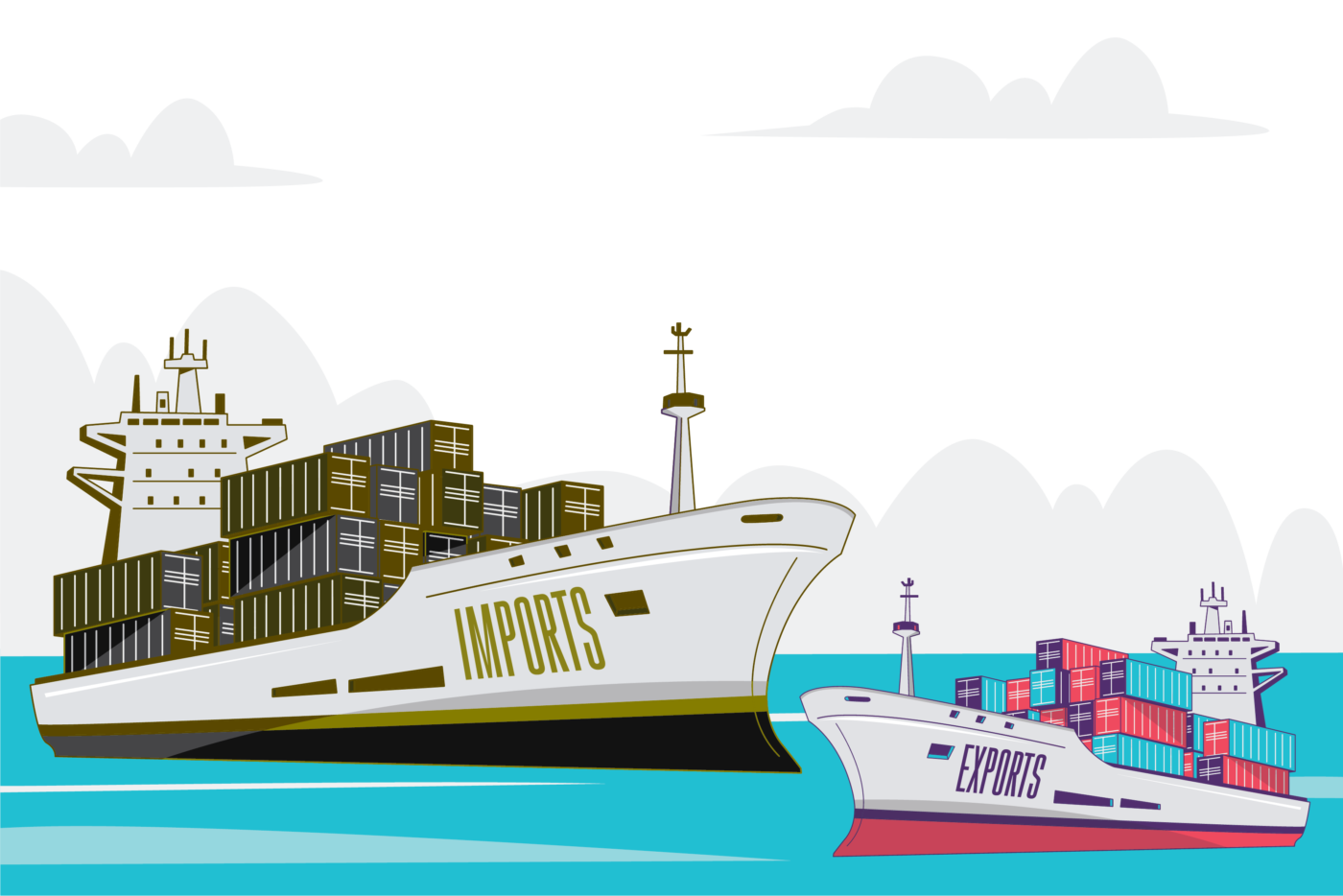ON FEBRUARY 21, 2023, the Philippines ratified the Regional Comprehensive Economic Partnership (RCEP) with the hope that joining the largest free trade agreement in the world would calm prices amid record-high inflation. As a member of the RCEP, the Philippines is granted freer access to trade with neighboring economic giants such as China, Japan, South Korea, and Australia with little to no restraint on quotas or taxes.
As an inflation-damaged and import-oriented economy, the implications of the RCEP on the Philippines will differ from its larger export-oriented neighbors. With the Philippines’ access to imports being eased, its structural advantages and disadvantages will both be amplified. Ultimately, the ratification of the RCEP bolsters the Philippines’ role as a global trading partner and improves its commercial appeal among the Southeast Asian and East Asia-Pacific regions.
Blurring borders
The RCEP aims to strengthen Southeast Asia’s economic ties with Australia, China, Japan, Korea, and New Zealand by further liberalizing international trade. These include greatly reducing customs duties, import-export quotas, and tariffs that otherwise limit the kind and volume of goods countries may exchange not covered by pre-existing trade agreements. Among its most prominent measures, the RCEP reduces tariffs on 92% of traded goods, introduces safeguards for e-commerce and intellectual property, and provides preferential market treatment to member states.
In the Philippines’ inflation-ridden and import-oriented context, these policies allow local firms to import and manufacture goods at lower costs. This will provide the market with a wider variety of commodities and strengthen strategic partnerships with larger economies. Philippine exports will also find wider markets with the ease in distribution policies.
Outside the country, foreign investors are likely to enjoy larger profit margins due to the lowered import costs and currency differentials, making the Philippines a promising site for business ventures. Department of Trade and Industry (DTI) Secretary Alfredo Pascual welcomed the agreement in a virtual briefing, expecting that foreign investors are “ready to avail of the advantages being afforded to use under RCEP.”
“We just have to rely on our expectation that RCEP will lead them towards a favorable decision in investing in the Philippines and making the [country] their production base or supplying the goods to the RCEP region,” he added.
National Economic and Development Authority Secretary Arsenio Balisacan has expressed similar views in a press briefing on February 2. He emphasized the importance of appealing to foreign investors. “The future of our country depends so much on our ability to attract investors, particularly foreign capital because the domestic capital is not enough,” Balisacan asserted.
For a country vulnerable to price fluctuations, especially in foodstuffs, access to a wider regional market at a lower cost shields consumers from inflation. However, projections of this continued import reliance have alarmed neglected domestic industries, including food producers who would see increased competition from abroad.
Back on the ground
Local sectors, particularly the agricultural sector, have raised staunch opposition to the RCEP’s ratification. Prior to the RCEP’s ratification in the Senate, over 100 farmers’ groups lobbied for it to either be rejected or delayed, citing concerns that the imported goods would crowd local industries out of the market.
Senators Imee Marcos and Risa Hontiveros, who abstained and voted “no” on the ratification, respectively, cautioned that local farmers are already struggling to compete against importers amid recent trade liberalization policies. Without safety nets, agricultural producers and consumers may shoulder the costs of the influx in imports amid ongoing and foreseen food shortages exacerbated by inflation.
Economic managers who have pushed for the RCEP’s ratification like Pascual and Balisacan deny that the agricultural sector will be undermined or that foreign investors will stand to gain more than local industries. The DTI reassured farmers that tariffs on sensitive products such as swine and poultry meat, onions, sugar, and rice will not be lowered, and that imports could be balanced by increased farm productivity. The Department of Agriculture has similarly expressed that the RCEP is expected to increase agricultural exports, thus mitigating the trade deficit.
The RCEP is set to take effect in June. Expectations of widespread job creation, increased foreign investment, and access to regional supply chains abound. Similarly, concerns of the Philippines’ continued reliance on imports in times of economic uncertainty linger for local firms and critics. Nonetheless, the free trade agreement is poised to significantly affect the economy from the producers to the consumers.




